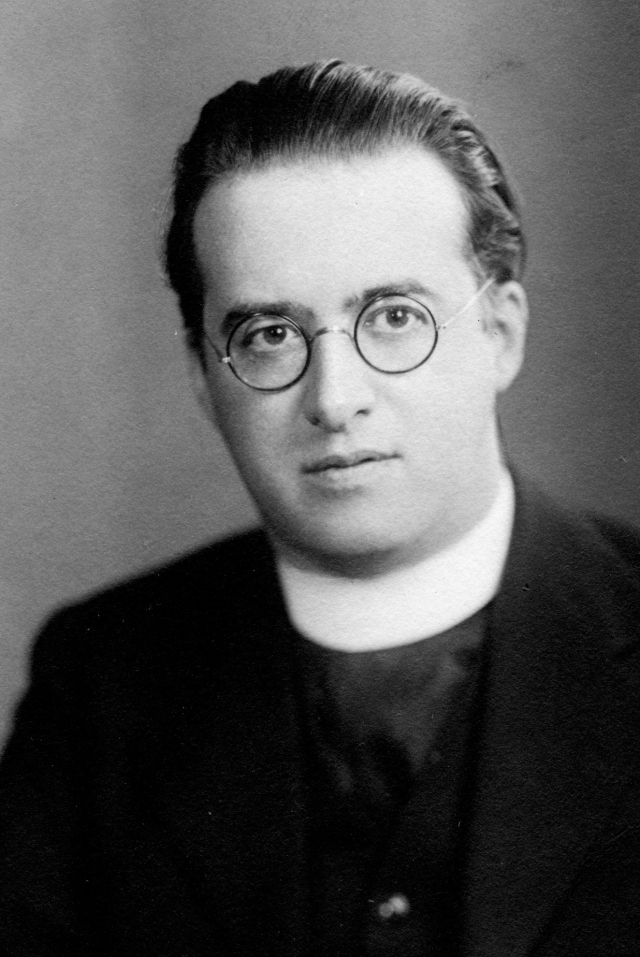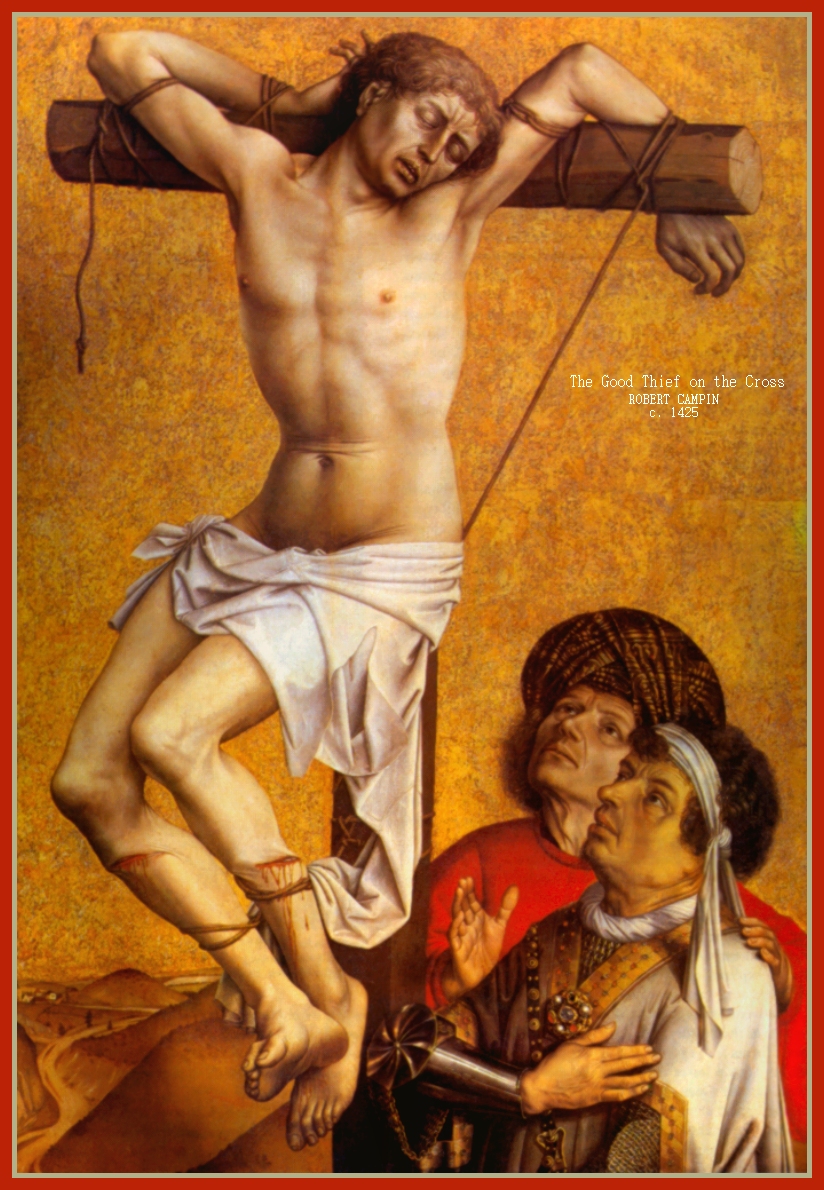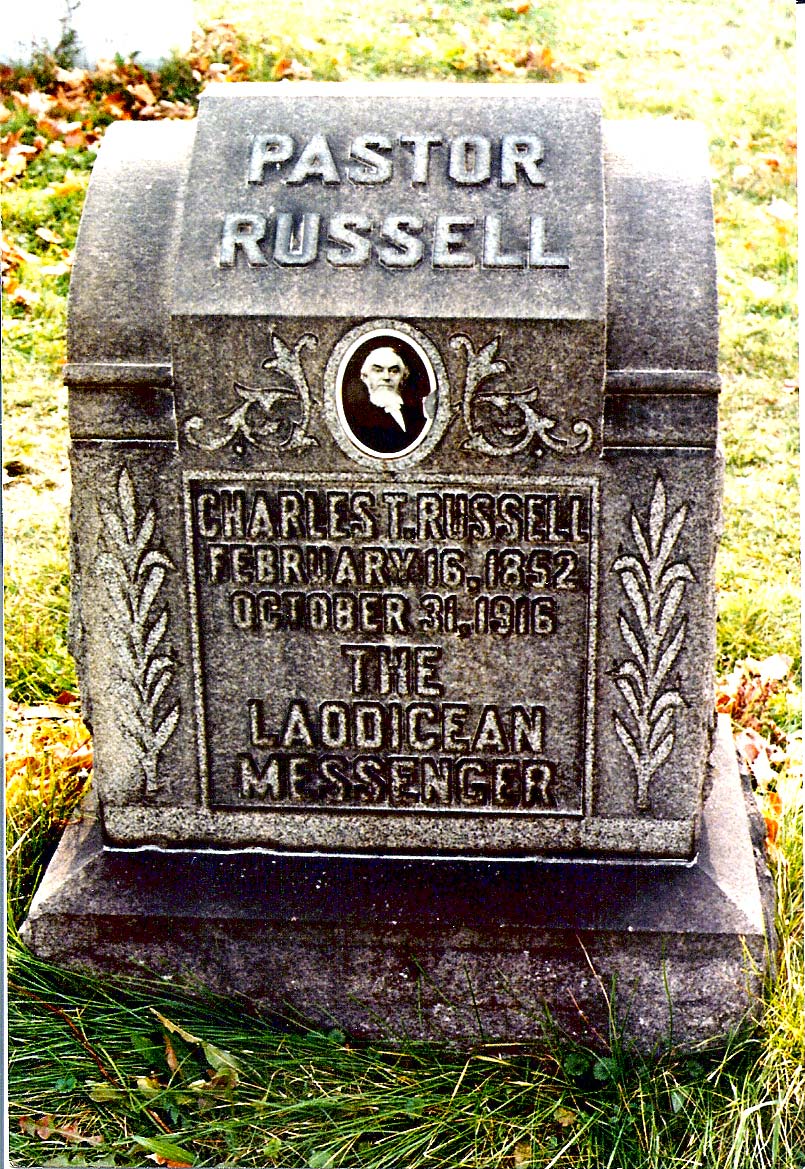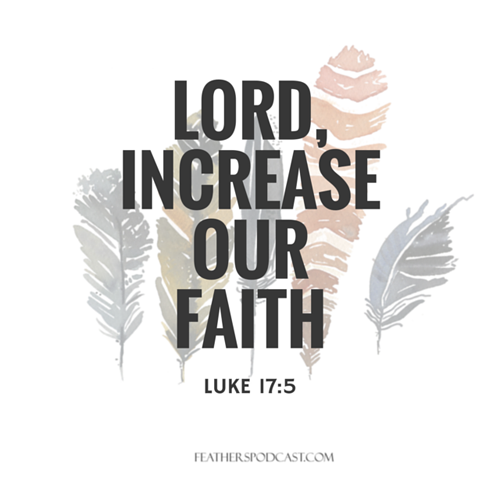I bet you think you're easy to shop for.
I bet you think that you're the easiest person to shop for, and your friends and relatives who don't feel that same way are wrong, and probably fools.
I bet you're also the person who sees things that you would like to have everywhere you go. I bet that you go into stores, shops, marketplaces, boutiques, and see things you would like everywhere. That's why you think you're easy to shop for, because you see so much that you like.
And I bet that while you are out shopping, and you see those trinkets and baubles that you think are precious, that you pop them into your cart and buy them as a little treat for yourself, instead of telling someone about it right ahead of Christmas.
You should stop doing that. You should stop shopping, or at least, stop shopping for yourself right before Christmas. For Christmas is a time of year in which you will be surrounded by people who will want, or who will feel obligated to buy something for you, and even though you think that you're an easy person to shop for, if you're buying everything for yourself, nobody can possibly get to something that you want before you do. And that might mean that you may have to exercise that most complicated of all things, you may have to exercise patience. And we're not good at that.
If you're not great at being patient, well, take a number, because the people of the Scriptures weren't exactly hyper-patient either. Think for a second about Abraham, who was promised by God that he would have children, descendants as numerous as grains of sand on the beach, or as stars in the sky. Now, Abraham was already getting on a bit in years, and understood that there is a ticking clock when it comes to fertility. So although God had promised him that he would be the father of a multitude, Abraham wasn't seeing a lot of movement on that, so he figured that since he knew where babies came from, he would just cut God out of the equation altogether. Which he did.
This is not a rare story. God makes a promise to people, and people get tired of waiting for the promise to be fulfilled, so they either abandon the promise altogether, or decide that they can happily find another way around it. When God promises a Messiah, a savior, the people get sick of waiting and appoint a few to be the messiah while they wait. Again, this isn't new at all. And as I say, you're in good company.
But part of being a Christian, especially being a Christian in Advent, is that you have to get used to waiting. Things are not going to happen on your schedule. In fact, it won't even be close. And of course, it's easy to want things on your schedule, why wouldn't you? It's easy to want things on your schedule, especially because the things promised in the scriptures are good things that you ostensibly want. If you have been paying attention through this Advent season, you will have noticed that we have been looking at Isaiah a lot in the Old Testament readings. And all the readings have been looking forward to perfection. They have been looking forward to a return to the garden, a return to paradise. Whether it be the swords into plowshares and spears into pruning hooks, lions eating straw like oxen, or streams of water flowing in the desert, all these things are looking forward to fulfillment of the end of all things, the new heaven and the new earth.
And that doesn't work until Jesus returns. You may kick and scream and say that it should, but it doesn't. Only once Christ returns will everything be set right. Until that moment, in this world you will have trouble. We are dealing with flawed ingredients, you know. We are dealing with broken material, and the overall desire for justice, for perfection, for all of that will not happen while the ingredients are still of dubious quality. Human beings are that ingredient, and from the moment they turned away from God, committed sins, and fallen from grace, they would be unable to have any kind of paradise, given that we, as humans, are fundamentally flawed. There can be no perfection as long as we are a part of it.
I talk about the garden, because it was in the garden, while Eve was on her way out, that God gave a promise of a savior for the first time. Right after the first sin, right after a need for a savior first appeared, the savior was promised. But it would take a long time for that savior to arrive. Even though Eve thought from the word go that a savior had arrived, it would take a long time to happen. Generations of people would live and die in the promise, never seeing the presence of the Lord on earth.
Now, here's how to deal with the fact that there are tons of things you want, and you kind of want to buy them now. Take a moment to think about the gifts you got last year for Christmas. Think about all those things that you were given, and think about the fact that there are probably still all sorts of things that you haven't used yet. There are still boxes you haven't opened, there are still books that you haven't cracked, all these things that you were super excited to get at the time, but haven't gotten around to since. If you're starting longingly at what you want, maybe at this time it's the occasion to think about what you already have.
Take a moment to open that book that you were happy to get last year. Take a moment to open that bottle of scotch, to play that game, to use that paint or that wool. Take a moment to enjoy all those things, and to delight in them instead of only thinking about what you don't have yet. And this works in the church as well, you know.
I know, you're looking forward to a time in which everything is made right, where those who died are alive again to die no more. You're looking forward to a time in which all scarcity is gone, where all issues are resolved, and where tears are wiped away from every eye. We all want that. But you need to wait. We're broken material, and you can't make perfect out of the imperfect. For there to be perfection, we would have to be perfect. Which we will be, but not yet. For now, you have to wait. But while you wait, you get to think about, and take joy, in what you already have. House and home, clothing and shoes, spouse and children, food and drink, all these things that you can enjoy this side of heaven . All these things that are gifts of God for you, that you can enjoy in the here and now. Forgiveness, life, salvation, sanctity, salvation, a good conscience through forgiveness of sins, these things are all things to be enjoyed now, and will make waiting much easier for everyone. For then you're not thinking only about what you want. You're thinking about what you have.













